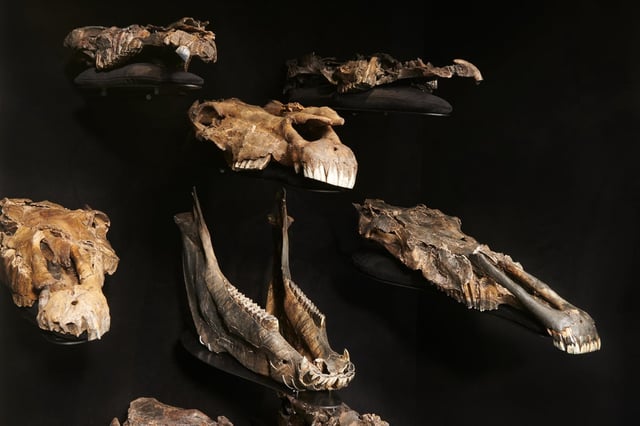Overview
- Researchers from Senckenberg and the University of Tübingen recovered genetic material from fossils of at least 20 horses at the open-cast Schöningen site in Germany.
- Sequencing identified the extinct species Equus mosbachensis and placed the animals on the lineage leading to today’s Equidae.
- The material dates to roughly 300,000 years, exceeding the previously assumed ~240,000-year survival limit for DNA outside caves or permafrost.
- The fossils were found near the famous Schöninger Speere locality in a former lignite mine, where persistently wet, anoxic sediments favored preservation.
- The team credits improved extraction and sequencing methods and says the approach could be extended to other species and open-air sites to broaden the ancient genomic record.

